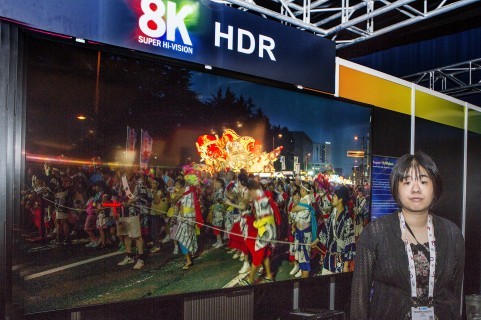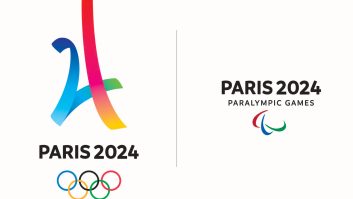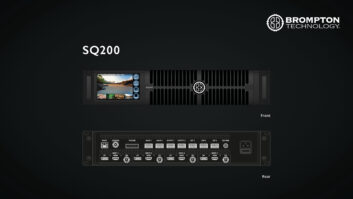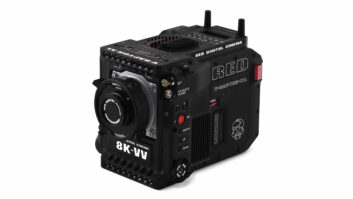
Japan’s public broadcaster NHK will start test broadcasts of its 8K technology in 2016, followed up by significant satellite transmissions in 2018 and widespread deployment by 2020 and in time for the Tokyo Olympic Games.
The dates were confirmed by Yasuko Sugito, a research engineer at NHK, at her presentation during IBC’s ‘HEVC Meets UHDTV’ session. Sugito is one of a team working hard on NHK’s HEVC/H.265 compression systems, and encoding and decoding solutions for 8K transmissions.
Sugito’s detailed explanation covered the key problem of reducing an uncompressed 72 Gb/s video stream (including 22.2 channel audio) into the more manageable 100 Mb/s target. Extensive successful test demonstrations took place at NHK’s ‘Open House’ in Tokyo
in May.
However, there are still challenges to be overcome, not least developing the new chipsets needed to eliminate today’s bulky racks of specialist equipment. Sugito said further work was needed on reducing time delays on decoder buffering, currently taking some 3.5 seconds to process.
Bhavan Gandhi (senior director, Applied Research at Arris) presented a paper on video verification for 4K TV, and pointedly saying that “not all 4K cameras are equal!” The end results, especially when images have been down-converted and then up-converted can end up with a loss of spatial resolution.
He pointed to the challenges of overcoming this spatial loss and warned that variations, depending on subject matter, could be significant. “These artifacts can be noticeable, and there’s no consistency. A crowd scene will respond differently to an urban shoot, for example. Some of our test content deviated from our statistical expectations. For broadcasters it is essential that content is validated for variations in their frequency signatures.”







